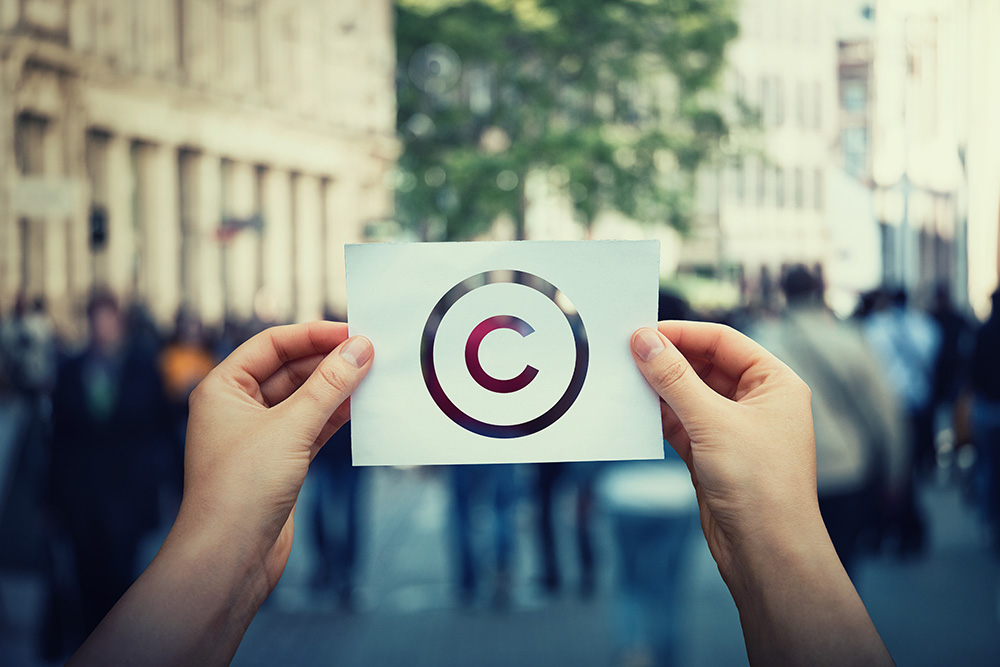eBook piracy on the rise
For a long time online piracy has been associated with music, movies and software. But the popularity of e-readers has also led to a growing eBook and ePaper piracy trend. This is seen as a major hindrance to further growth of digital sales and there is not yet a consistent approach to fighting it.
It is a challenge for publishing houses to develop digital programmes but at the same time protect their main asset – their intellectual property rights. Although eBook and e-Paper piracy is a global issue, its economic impact differs substantially depending on its location. It comes as no surprise that the rise of market recognition and availability of eBooks as well as ePapers has led to growing piracy. No-one knows for certain how big the piracy issue in these areas, in terms of commercial loss, already is.
Piracy on the rise
Although there are parallels between eBook and ePaper piracy and the early days of illegal downloading of music or movies, there are some differences. The illegal distribution of eBooks is dominated by an interaction between file-sharing or one-click hosting platforms on the one hand, and websites through which links to these files are made available on the other hand. The files hosted on the servers of a one-click platform can be downloaded via unique links, which are published by the infringers on special websites. Contrary to classic peer-to-peer services, the infringement potential of individual players is relatively small -rather, they depend on each other.
Some illegal platforms enable the downloading of eBooks in huge amounts, with many more titles than one can reasonably read. Other websites are closer to legal forms of distribution. They offer well-sorted libraries with additional information on the various titles, user ratings and community forums. The platforms are located all over the world including Switzerland, Ukraine, Gibraltar, Russia and China, and this naturally complicates the enforcement of IP rights. The websites are making substantial money, in particular through referral fees, advertising and the sale of premium accounts. It goes without saying that none of this money is finding its way to the publishing houses or the authors.
Fighting infringement
There is not yet a consistent approach to fighting eBook and ePaper piracy. Some publishing groups focus on action against uploaders and downloaders of illegal content – a strategy applied by the music industry. The UK-based Publishers Association set up a copyright infringement portal (CIP) to go after the profiteers of illegal downloading. The system offers a paid service that crawls the web on a regular basis and tracks titles that have been listed by the CIP’s customers. There are also measures taken on the political side.
Cooperation with law enforcement agencies and partnerships in other creative industries have also been set up and led to initial successes in the fight against eBook piracy. In The questions of whether digital rights management (DRM) may help to limit piracy and how it is applied have been raised. Whereas several companies have used hard DRM for some time in order to stop the buyer of an eBook/ePaper from transferring the file to another device, there is also a shift towards other measures such as watermarking. Readers can also download a DRM-free eBook. It carries a watermark which allows the publisher to track back a book to its source.

